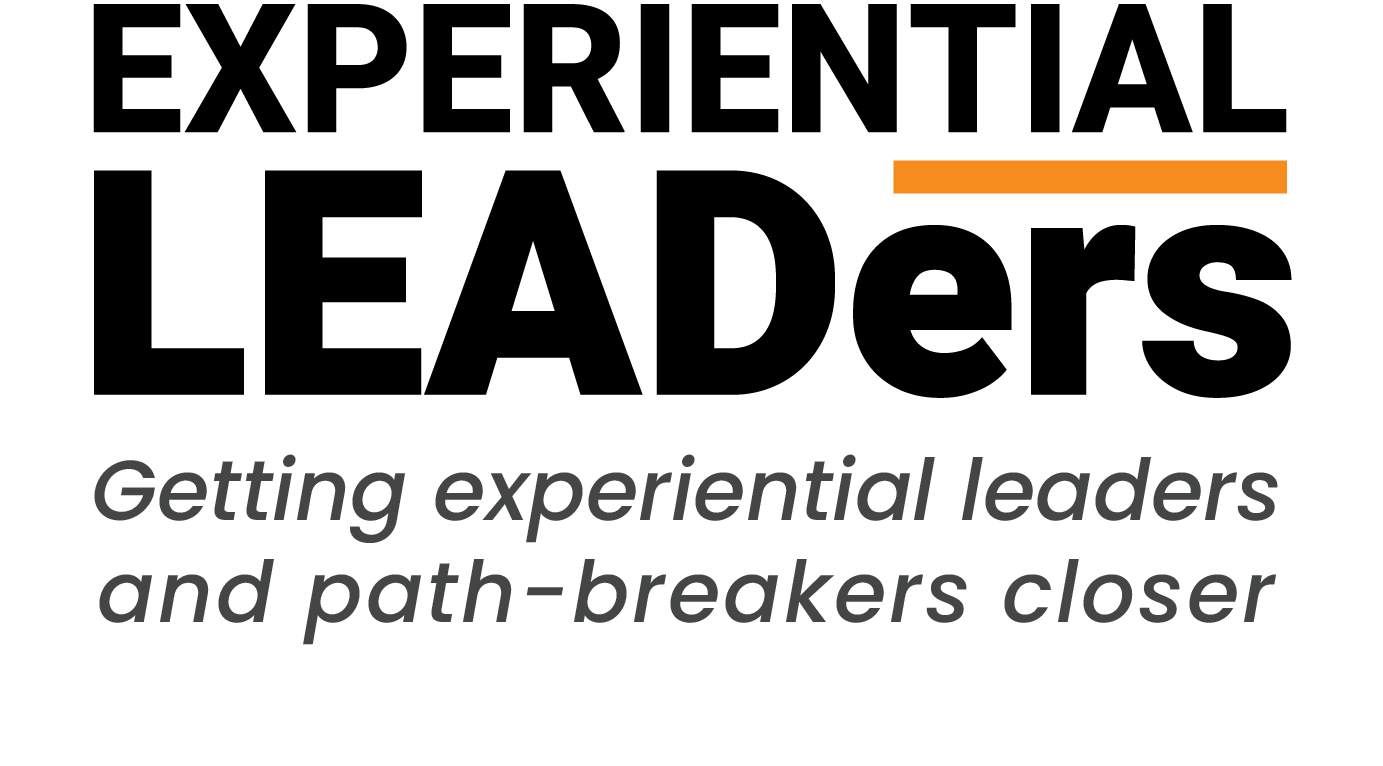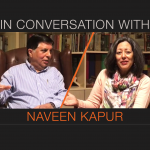“Dobre Utra – Minsk station now…. Next station-Vilnius”, shouted the train attendant. A steaming cup of samovar-brewed tea woke me up from my vodka infused sleep. In January of 1993, the temperature at Byellorussky Station in Moscow had hit a low of -20°C the night before. A substantial medicinal dose of Vodka was more than justified.
My foray to this little-visited corner of Europe was sheer serendipity. The President of the Lithuanian Cycling Federation was at the International Cycling Meet in New Delhi in September 1992. I was an avid cyclist, and my rudimentary Russian picked up during earlier visits to the USSR, led to an instant connection.
Unbeknownst to me, the President of the Lithuanian Cycling Federation – Mr. Gedimino was also the Chairman of Vilnaus Bank , based in the capital city of Lithuania –Vilnius. I was looking for business opportunities in the aftermath of the disintegration of the USSR so when the invitation to visit Lithuania came I jumped at it.

My only knowledge of the Baltics was a half-remembered Doordarshan image of Indira Gandhi in Estonia in 1982. Lithuania was reborn, having just been freed from the shackles of Communism after half a century.
As I disembarked in the freezing cold at Vilnius station, I was greeted by Mr. Purtulis, an elderly, amiable, English speaking colleague of Mr. Gedimino. Little did I realize that Mr. Purtulis was fated be my go-to person in this Lithuanian market.
Like Hungary, Lithuania had all the challenges of post-communist societies with a population of a meager 2.5 million. In college Economics, I had learnt the definition of demand as being “Effective desire or want for a commodity, which is backed by willingness and the ability (i.e., money or purchasing power) to pay for it.” Here was a country with an infinite desire and willingness to pay but with virtually no ability to pay. Former government officials, now the bourgeois, barely eked out a modest living with rouble -denominated salaries now almost worthless in USD terms. Bank finance availability was very limited. Where available, it was at usurious rates of interest—best suited to high-risk high-reward enterprise.
The next day, I was handed a list of private companies by Mr. Purtulis who were customers of the bank and had barely taken their first baby steps in the capitalist world. One week of hectic travelling in Vilnius, and to Siauliai, Kaunas, Panevezys, and Klaipeda brought an avalanche of business enquiries. Nevertheless, the problem of wherewithal persisted—no one had the money.

I still had hope. Mr. Purtulis invited me to spend a weekend at his Dacha—a summer retreat, in the port city of Klaipeda. I accepted with alacrity. If nothing else, it would be a break from a disappointing week.
The weekend turned out to be the experience of a lifetime! A Finnish sauna – with a dip in a chill pool– 20 minutes in a steam room at 80°C with water sprinkled on hot stones for the wet vapours to unclog pores. After sweating profusely one was required to roll naked in the snow outside as my hosts were doing. Fortunately, since I was an Indian from the tropics with my invented claim of genetically narrow blood vessels and a faint heart (that had suddenly materialized that moment!) saved the day. Grudgingly I was allowed boxer shorts unlike my Lithuanian hosts.

The sauna was followed by copious quantities of the local spirit—Sukhtini, (a mead), and endless rounds of potato dominated Lithuanian fare- cepelenai (potato dough with filling of cheese and meat), blynai (pancakes with dairy stuffing) followed by bar-be-cued game meat comprising deer, wild boar and the likes.
While we had fun, our business discussions hit three hurdles—the classic case of three blind men lost in their quest. Buyers, who had a long bucket list of purchases lacked the requisite purchasing power. Banks lacked long term lending capacity, and were burdened with a high rate of interest to boot. India’s business culture was still conservative and risk averse and would not be willing to deliver without payment. How then were we to do business?
The mood on Sunday evening was as sombre as the drab, grey, cold weather outside. While the weekend had presented unique personal experiences no business was happening – the main purpose of my visit!
“I will have to return empty handed”, I lamented. Mr Purtulis in a partially inebriated state misinterpreted empty hand as empty glass and poured me another stiff Sukhtini ! This libation continued till the early hours of Monday morning .

Suddenly out of his drunken stupor Mr Purtulis shouts “I have found the silver bullet!” Why not ask the cash strapped Lithuanian buyer to pay a nominal advance of 15% and you ship the goods keeping a lien on the buyer through Vilnaus bank ? On arrival of the goods in Lithuania the balance 85% could be funded by the bank for a very short term and delivery taken. Assets of the buyer could be collateralized for the short term credit.
Such an arrangement would obviate the need for the buyer to arrange 100 per cent cash for advance or to open Letters of Credit alongwith the order and wait for a period of 90-120 days for the goods to arrive. Long story short ….exposure to high rates of interest minimized to buyer with no risk to exporter. Interest income to the bank.
A triple win for all stake holders! Suddenly at dawn the three blind men saw light!
The following morning in Vilnius, we invited all prospective customers for a meeting to discuss the proposal. In the next 3 days, we signed multiple contracts: uniforms and kits for the Lithuanian women’s hockey team; carpet backing cloth, tea, rice, groundnuts, toothpaste, washing powder, toilet soap and, last but not least, prophylactics! The last….confused me no end. Why would a dairy rich country buy milk related products from dairy deficient (then) India? My ignorance dissipated when I learnt the p…..lactics meant condoms!
Mission accomplished in Lithuania: an order basket laden with a wide array of products on first visit .
The main lessons of my Lithuanian adventure:
Size of the market does not matter if the landscape is not as per your liking – change the way you look at it.

The buyer and seller were geographically far apart, but the buyer had needs that the seller could meet, even though the buyer’s ability to purchase was constrained. Find a creative solution that achieves the buyers and sellers goals through the help of an intermediary so that all parties benefit, yielding a win-win-win.
And, finally, the best solutions to business problems come to you when you are chilling and not looking for one, as occurred in the sauna party in the Dacha in Klaipeda!





